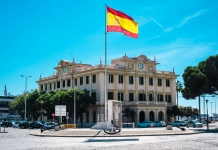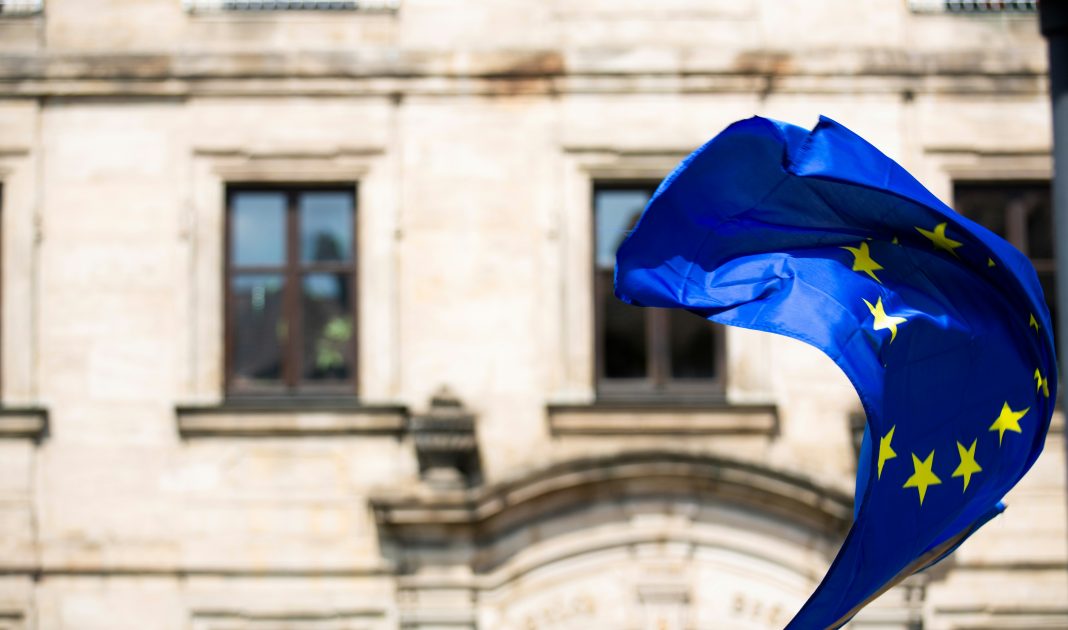The surprise announcement of a private summit between Donald Trump and Vladimir Putin in Budapest has sent ripples through European capitals, reopening old divisions over security, diplomacy, and the future of transatlantic relations. Report By Nick Staunton
While the meeting — hosted by Hungary’s Prime Minister Viktor Orbán — has yet to yield concrete policy outcomes, its symbolism alone has unsettled Brussels. It underscores the degree to which Europe’s strategic consensus, painstakingly rebuilt since Russia’s invasion of Ukraine, remains fragile and vulnerable to disruption.
A Meeting That Redrew the Optics
For much of Europe, the image of Trump and Putin shaking hands in the Hungarian capital was a throwback to a more uncertain era — one in which Washington’s commitment to NATO was questioned and the Kremlin sought to exploit Western disunity.
Hungary’s government, already isolated within the EU for its pro-Moscow leanings, positioned itself as an intermediary. Orbán described the encounter as a “dialogue for peace,” framing Budapest as a bridge between East and West. Yet to most European diplomats, the optics suggested something else: a parallel diplomacy conducted outside established transatlantic channels.
Officials in Brussels and Berlin privately expressed concern that the summit could undermine ongoing Western coordination on Ukraine and sanctions policy. One senior EU diplomat described it as “a moment that muddies the waters just as Europe is trying to project unity.”
EU Reactions: Unease and Divergence
Reactions across the EU were swift but uneven. In Paris, officials cautioned against “reading too much into a photo-op,” while Berlin adopted a more critical tone, warning that any discussion of peace in Ukraine “must not come at the expense of Ukraine’s sovereignty.”
Poland and the Baltic states were bluntly dismissive, viewing the meeting as a potential Trojan horse for renewed Russian influence. Lithuania’s foreign minister called it “a reminder that some in the West still underestimate the cost of appeasement.”
Within the European Commission, the gathering revived anxiety about Trump’s possible return to the White House and what that might mean for NATO’s cohesion. “It is less about what was said in Budapest,” noted one EU official, “and more about what it signals — that Europe could soon face a very different Washington.”
Orbán’s Calculated Gamble
For Viktor Orbán, hosting the summit was both a diplomatic play and a domestic statement. He has long cultivated ties with Moscow while maintaining Hungary’s formal alignment with the EU and NATO. By facilitating dialogue between Trump and Putin, Orbán sought to position himself as a statesman capable of brokering peace — an image that resonates with his domestic base.
Yet the move carries risks. Hungary remains at odds with Brussels over rule-of-law issues and EU funding. Critics within the bloc accuse Orbán of undermining common foreign policy and exploiting internal divisions. Several European ambassadors are said to have questioned whether Budapest’s role was coordinated with the European External Action Service — the EU’s diplomatic arm — or undertaken unilaterally.
Analysts suggest Orbán’s goal was twofold: to bolster Hungary’s profile as a global mediator and to signal to Trump — a potential future U.S. president — that Budapest could serve as a reliable partner in Europe. But the optics have only reinforced perceptions of Hungary as an outlier within the Union.
Strategic Shockwaves
The geopolitical implications extend beyond Hungary. For NATO, the summit comes at a delicate moment. The alliance is managing a complex balancing act — maintaining deterrence against Russia while avoiding escalation. Trump’s previous scepticism toward NATO funding and burden-sharing remains fresh in the minds of European defence planners.
Any indication that Trump might favour renewed engagement with Putin — even under the banner of diplomacy — rekindles fears that U.S. security guarantees could become conditional or transactional. In Brussels, several officials interpreted the Budapest meeting as an early signal of how a second Trump term could reshape the strategic order: more bilateral, less institutional, and markedly unpredictable.
Markets responded with mild unease. The euro dipped briefly against the dollar amid speculation that European unity on sanctions could weaken if transatlantic policy coherence erodes. Energy traders also noted a modest uptick in natural-gas futures, reflecting concerns that Western resolve on Russian exports might soften over time.
Russia’s Perspective
For the Kremlin, the Budapest summit represented a rare diplomatic win. Putin’s international isolation has deepened since the war in Ukraine began, with few Western leaders willing to meet him in person. Appearing alongside Trump — even in a semi-informal capacity — helped Moscow project an image of legitimacy and strategic endurance.
Russian state media portrayed the event as evidence that “Western fatigue” over Ukraine is spreading, framing it as a potential first step toward a negotiated settlement. Western analysts, however, remain sceptical that any substantive shift is imminent. Still, the Kremlin will likely view the episode as proof that divisions within the West can be exploited.
A Test of Europe’s Cohesion
For EU leaders, the challenge is to maintain composure without downplaying the political shock. European Council officials are urging member states to avoid public infighting while reaffirming collective support for Ukraine. A joint statement from Brussels reiterated that “any talks about European security must involve the European Union and its partners, not bypass them.”
Privately, however, some diplomats admit that the summit exposes the limits of EU influence in shaping great-power diplomacy. “Europe is trying to speak with one voice,” one ambassador said, “but the world keeps listening to other conversations.”
The event has also reignited debate over the EU’s ambition to become a more autonomous geopolitical actor — an aspiration that remains hampered by divergent national interests and uneven defence spending. As one senior French official noted, “Budapest is a reminder that until Europe can defend its own policies, others will define them for us.”
Looking Ahead
In the short term, the Trump–Putin meeting is unlikely to alter policy on Ukraine or sanctions. But its political reverberations will linger. European leaders now face the task of reassuring publics and markets that the transatlantic alliance remains firm, even as U.S. politics — and Europe’s internal divisions — grow more unpredictable.
Whether the Budapest summit proves to be a one-off gesture or a prelude to a new diplomatic alignment will depend on what follows. For now, it has served its purpose as a wake-up call: a reminder that Europe’s strategic stability, painstakingly rebuilt over two turbulent years, can be unsettled by a single handshake.






































